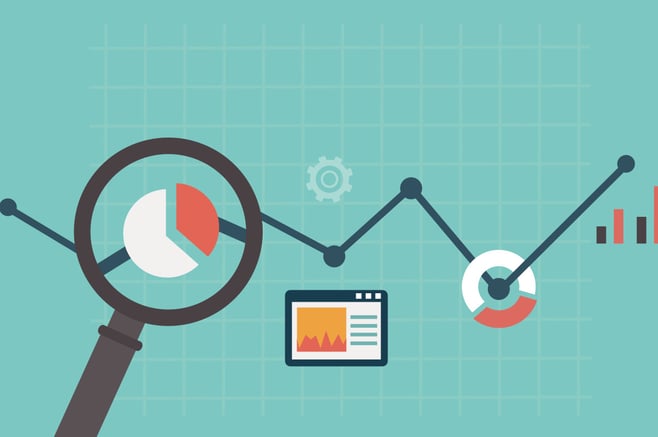
Marketing is like much else in life – you tend to get out what you put in. If you give your sales team great data to work with, they will increase sales, grow your client base, and ensure positive ROI. If, on the other hand, you give them only irrelevant, poor quality data, you’ll see only a compromised profit margin.
The connection between data and your bottom line is not complicated. Your marketing and sales people reply on data to understand and connect with your audiences. If your sales team doesn’t have accurate data, they can’t do either of these. They will get a false impression of the market, and then waste much time trying to connect with people whose contact details are no longer accurate. Some contacts might not even work at a targeted business anymore.
Campaigns that run with accurate data are more efficient
Accurate data would negate these problems, but there is more to quality data than the ability to reach your prospects. Relevancy and informational richness are also important to a sales-optimised database. Data relevancy does two things to boost the efficiency of a business’ operations; it ensures that you only contact prospects who might actually need your product or service, and it keeps your database small and efficient, making it both cheaper and easier to manage. It’s useful to think of a smaller, optimised database as a welterweight boxing champ, and an inflated generic database as a retired sumo wrestler. The welterweight is going to pack a bigger punch despite his size, and is going to eat less too.
Quality data allows your messages to be highly targeted
Effective marketing never relies on a spray-and-pray approach. It involves reaching the right people with the right message to get the highest response rate. To ensure that your messages have the greatest impact, you need to make them highly relevant. And that means tailoring them for specific segments of your target audience. It’s only rich data that enables such tightly defined segmentation, and a valuable database will include the demographics and business specifics that make it possible.
C-level executives can make better decisions with in-depth data.
There is one more thing to be said for quality data, and that is that in-depth data allows C-level decision makers to perform certain tasks and make strategic decisions with a greater degree of certainty. The C-suite is a rather risk averse bunch, and data gives them a better idea of the outcome of any action. With the advent of big data, decision makers are much better equipped to predict market trends and devise strategies that will increases their profit margin. The performance analytics expressed in dashboards are undoubtedly useful, but the most valuable strategic insights are always derived from in-depth consumer data. When this information is filtered through a thorough understanding of one’s market, executives are able to make decisions that have a direct impact on a business’ profit margin.
Cleanse your data to ensure the greatest ROI from your marketing.
If inaccurate data is frustrating your sales and marketing teams, it’s time to cleanse your database. A good data cleansing service will update any inaccurate data, delete any duplicates, and add any missing data. Choose one that sources its data from reputable suppliers and verifies it regularly. Remember that data is the first link between you and your contacts, and that any money spent on improving your database will be money well spent.
As a data and telemarketing company with 25 years’ experience in the industry, we understand how important quality data is to effective marketing. We offer a variety of solutions for businesses that need to improve their data, and find that most can benefit greatly from data cleansing or data enhancement. If you want to know more about how data cleansing can improve your profit margin, visit our data cleansing page for more information.
Image credit: shopkeep







